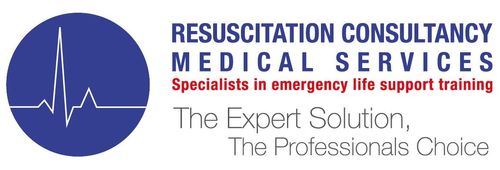Course Overview
This course is designed for carers of children and babies in the absence of their parents/guardians. It is a requirement from Ofsted that there should be at least one person available within the childcare setting at all times who holds a valid paediatric first aid certificate. It is, however, recommended that childcare settings consider training all staff in paediatric first aid.
The content of the course is approved by Ofsted and appropriate to the age of the children in any given childcare setting. The course is fun, practical and informative and is made relevant and appropriate for those working with children. All of our training courses are delivered by qualified instructors. Upon successful completion of the course you will receive a certificate, valid for 2 years from the date of issue.
Course Length:
2 Days
Course Assessment:
Assessment is continuous
Learning Outcomes
- Discuss the chain of survival
- Demonstrate the principles of initial assessment
- Demonstrate the basic theory and practice of dealing with injuries and illness
- Demonstrate appropriate management of common chronic and acute medical conditions in children such as Asthma, Epilepsy, Anaphylaxis, Diabetes, Sickle cell anaemia & Sepsis/Meningitis.
- Gain information on how to set up policies and procedures within the childcare setting and be able to plan for first aid emergencies
- Learn the recommended first aid boxes and equipment you should have in the childcare setting including safe storage and administration of medication
- Explain responsibilities for managing first aid equipment & reporting of incidents & managing administration of any medication
Course Structure & Programme
- Basic life support skills – including recovery position and the choking casualty (appropriate to the age of the children being cared for)
- Practical use of an automated external defibrillator (AED)
- Choking
- Shock and bleeding
- Eye injury
- Foreign objects in ears etc.
- Head injuries
- Minor wounds
- Moving injured casualties
- Poisoning
- Recognising injury to; bones, joints and muscles
- Shock
- Spinal injury
- Stings and bites
- Effects of extreme temperatures including febrile convulsion
Message us, we love to chat
Contact Details
Contact our team of clinical professionals who practice what they teach. We would love to hear from you.
Phone: 0333 0122 999
Email: info@rcmstraining.co.uk
86 Forest Walk
Buckley, Flintshire
CH7 3AR


